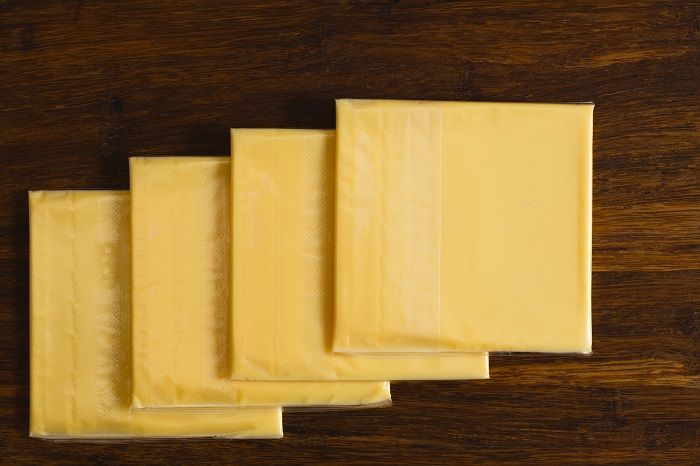Best Cheese Choices for a Kidney Diet
Kidney patients miss cheese. Bottom line. I work with dialysis patients every day and we talk about cheese A LOT. It is often limited on the kidney diet due to the high amount of phosphorus and in some cases sodium content as well.
Cheese or no cheese?
What most patients don’t know is that cheese can be incorporated into the renal diet. The key is doing your research. With tools like the DaVita Food Analyzer on DaVita’s website, nutrient analyzers online, or the USDA’s nutrient database, it can make finding information about cheese much easier than checking the labels of over hundreds of different varieties you will find in your local grocery store. These tools can help narrow it down to a small list you want to grab on your next shopping trip. Keep reading to find out what you should keep in mind when searching for your next bite of cheese.
Phosphorus
You will typically not see phosphorus on the cheese label, but do know dairy products are typically high. However, there are varieties on the market that are lower in phosphorus. Cheese varieties with less than 100 mg of phosphorus per serving include:
- Brie (1 oz)
- Camembert (1 oz)
- Cream cheese (2 Tbsp)
- Feta (1 oz)
- Fontina (1 oz)
- Goat (soft, 1 oz)
- Neufchatel (1 oz)
- Sharp cheddar (2/3 oz)
- Shredded parmesan (2 Tbsp)
Sodium
 Cheese is also known to be high in sodium. But just as with phosphorus content, there are varieties that are lower in sodium. Brie, cream cheese, goat cheese (soft), natural sharp cheddar, natural Swiss cheese and ricotta are among the lowest in sodium (35 to 200 mg per ounce). In general limiting hard and processed cheeses will help keep sodium intake down. Some processed cheeses have over 400 mg sodium per ounce.
Cheese is also known to be high in sodium. But just as with phosphorus content, there are varieties that are lower in sodium. Brie, cream cheese, goat cheese (soft), natural sharp cheddar, natural Swiss cheese and ricotta are among the lowest in sodium (35 to 200 mg per ounce). In general limiting hard and processed cheeses will help keep sodium intake down. Some processed cheeses have over 400 mg sodium per ounce.
Potassium
Potassium in cheese is typically low. One exception is when potassium chloride is added to some of the low-sodium cheese options, such as low-sodium cheddar or Colby cheese. Check the ingredient label for this one.
So many options!
With so many varieties it can be very difficult to find the ones that not only taste good but align with your health goals. Check with your renal dietitian, they may be able to help you determine if cheese can be incorporated into your meal plan.
For more cheese tips read the past blog post “Selecting the Best Cheese for a Kidney Diet“.
Now that you have the low-down on cheese, try one of these 7 Low Phosphorus Cheesy Pasta Dishes.

Recent Comments